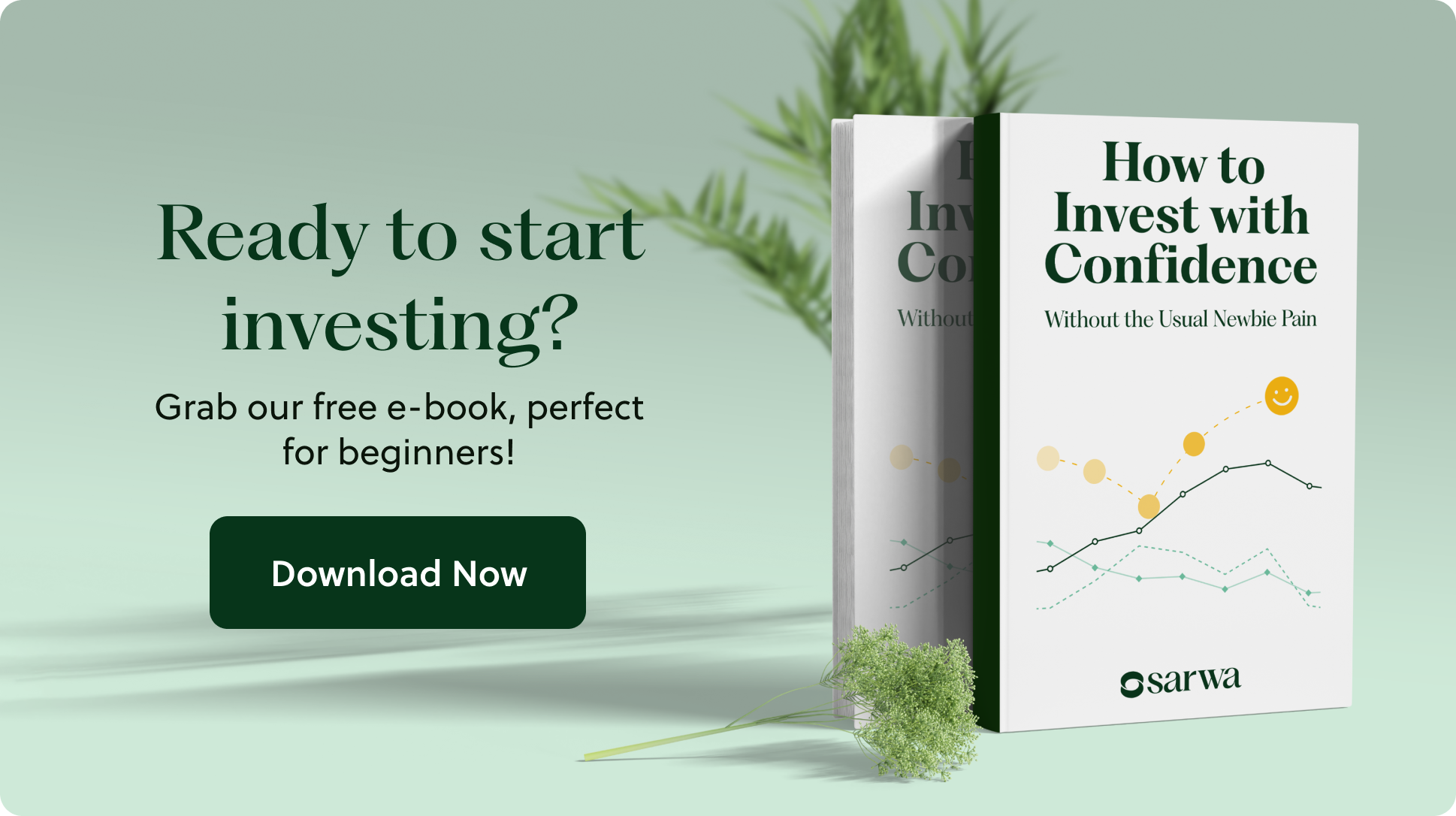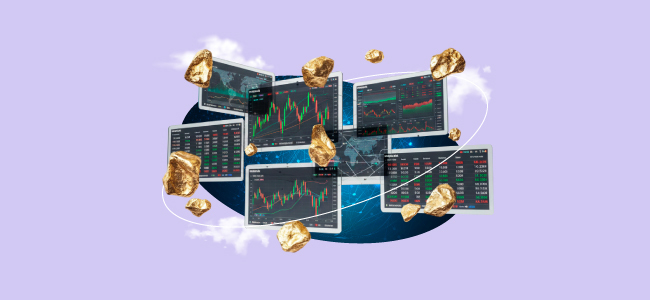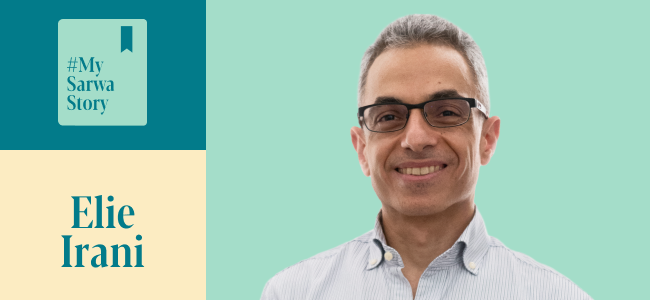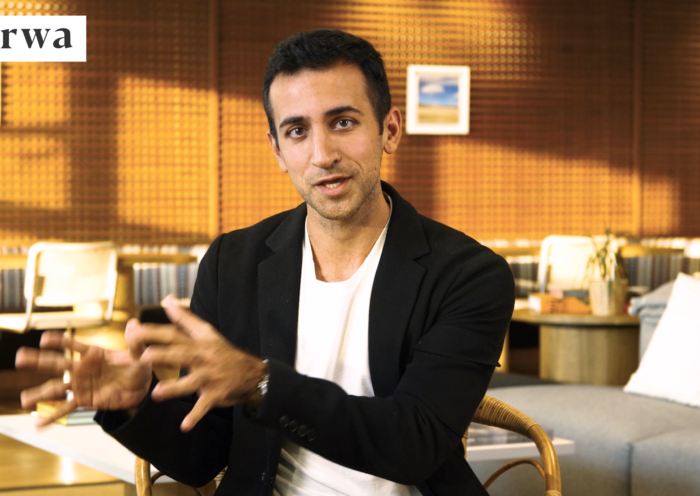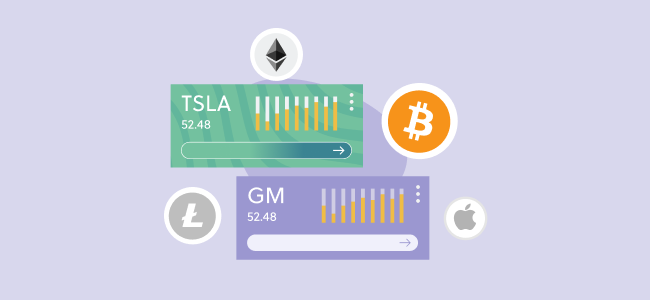Featured
#MySarwaStory
Unconventional stories of financial success to inspire you.
Elie Irani talks building wealth through passive investments
Plug in your headphones and watch the full interview on our YouTube page, or if you’re on-the-go y...
From Super-Saver to Growth Investor: This Gen Z Trader Did it By Age 25
Bala Subramanian has learned its possible to be a conservative saver, growth-minded stock picker and...
Anas Bhurtun Talks Building Wealth by Investing in Crypto
On this episode of #MySarwa story, we sit down with Anas Bhurtun – a crypto-enthusiast and content...
Why This Investor Puts 50% of Income Toward Her Future Self
Skye Nguyen has developed a unique approach to budgeting, one that fits the specific risk-averse ten...
Become a Smart Investor
Insights into how to start, and what to do.
5 Gold Day Trading Strategies and How to Execute Them
Looking to profit from gold day trading? From trend following to mean reversion, here are 5 proven s...
How to Invest in Silver Stocks in the UAE
Silver continues to be cheaper than gold even though it can also act as a portfolio hedge. Maybe it?...
5 Smart Ways to Safely Invest in Gold in the UAE
Gold’s positive run in 2025 has reinforced its value in the minds of investors. Including it in yo...
Passive vs. Active Investing: How Sarwa Helps You Do Both
Whether you choose between active or passive investment or combine them both, Sarwa provides a seaml...
Investing 101
Learn the basics of investing!
How to Invest in Silver Stocks in the UAE
Silver continues to be cheaper than gold even though it can also act as a portfolio hedge. Maybe it?...
5 Smart Ways to Safely Invest in Gold in the UAE
Gold’s positive run in 2025 has reinforced its value in the minds of investors. Including it in yo...
Passive vs. Active Investing: How Sarwa Helps You Do Both
Whether you choose between active or passive investment or combine them both, Sarwa provides a seaml...
Why Ethereum Is Still the King of Altcoins — And What Could Change That
On July 8, Ethereum began a 20-day run where it produced more returns than Bitcoin. Is it time for y...
Your Sarwa Scoop
Smart investment advice from our financial experts.
(15-Nov-22) What the FTX is going on?
Hi investors,
It’s been an eventful week with Sam Smith dominating TikTok audio, Elon making some...
(1-Nov-22) What Does the Term “Investor” Really Mean?
With the holidays just around the corner and consumer spending (about to be) on the rise, most of us...
(26-Oct-22)Tech Juggernauts Are Suffering, But Luxury Brands Sure Aren’t
Last Week’s Highlights… The Math ain’t Mathin’ With inflation at 40-year highs ...
Why Should I Invest?
Wondering why you should invest? CEO and co-founder of Sarwa, Mark Chahwan, is here to explain why i...
ثروة بالعربي
أدوات وأفكار تساعدك تبدأ رحلتك الاستثمارية
”في أوقات الشدة، أظهرت الصكوك انخفاضات صغيرة للغاية”: محيي الدين قرنفل، فرانكلين تمبلتون
الصكوك المتواضعة عند نقطة تحول الآن في الابتكار والاعت...
نقدم لكم ثروة الجديدة، إنها نحن حقًا
اليوم، لدينا علامة تجارية جديدة تمامًا! لماذا تسأل؟ حس?...
كيفية شراء البيتكوين: قواعد التنويع في العملات الرقمية
لا تزال البيتكوين أحد الأصول الاستثمارية الشائعة والم?...
ما هي العملات الرقمية؟ دليل كامل للمبتدئين
في هذه المقالة، سنزودك بجميع المعلومات التي تحتاجها لف...
